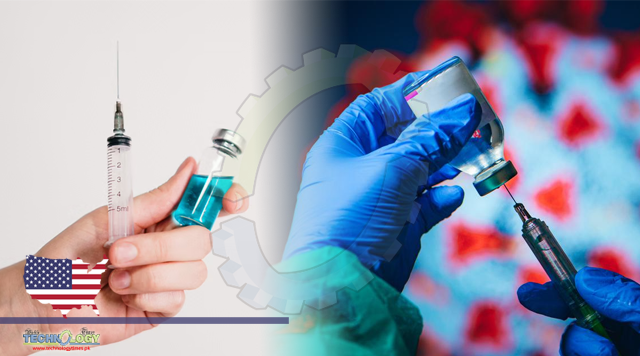In a rather concerning incident, an US-based doctor suffered a severe allergic reaction soon after being administered the COVID-19 vaccine.

By Anwesha Mitra
Dr Hossein Sadrzadeh, a geriatric oncology fellow at Boston Medical Center, is allergic reaction to shellfish and had begun feeling dizzy soon after inoculation.
According to a New York Times report, the doctor had received the Moderna COVID-19 vaccine, and feeling unwell, had been “allowed to self-administer his personal epi-pen”. He has now been discharged from the hospital and is doing well. Incidentally, this is the first such case linked to the Moderna vaccine.
But this also brings up a secondary question of how safe a COVID-19 vaccine will be for everyone. While there have been very few untoward incidents reported, users of the Pfizer vaccine have also reported side effects such as injection site pain and swelling, tiredness, headache, muscle pain, chills, joint pain, fever, nausea and even swollen lymph nodes (lymphadenopathy).
However, such symptoms are not unique to the Pfizer vaccine, and indeed not considered deadly or excessively harmful. It has been less than a year since the hitherto obscure vaccine took over our lives, and as such, research and testing continues till date.
“There is a remote chance that the Pfizer-BioNTech COVID-19 Vaccine could cause a severe allergic reaction. A severe allergic reaction would usually occur within a few minutes to one hour after getting a dose,” the US FDA writes in an official document.
While officials insist that the COVID-19 virus is far more dangerous than any vaccine, many have remained skeptical. The US has already administered the first dose of the vaccine to over a million people.
However, even as the CDC sites the widescale clinical trials and other information to explain its green signal to vaccine administration, it notes that trials continue to be held.
After a vaccine is authorized or approved for use, many vaccine safety monitoring systems watch for adverse events (possible side effects). This continued monitoring can pick up on adverse events that may not have been seen in clinical trials.
If an unexpected adverse event is seen, experts quickly study it further to assess whether it is a true safety concern. Experts then decide whether changes are needed in U.S. vaccine recommendations, the CDC explains.
While India has not yet approved any vaccine for emergency use, it is conducting extensive work to iron out any wrinkles.
Originally published at Free press journal